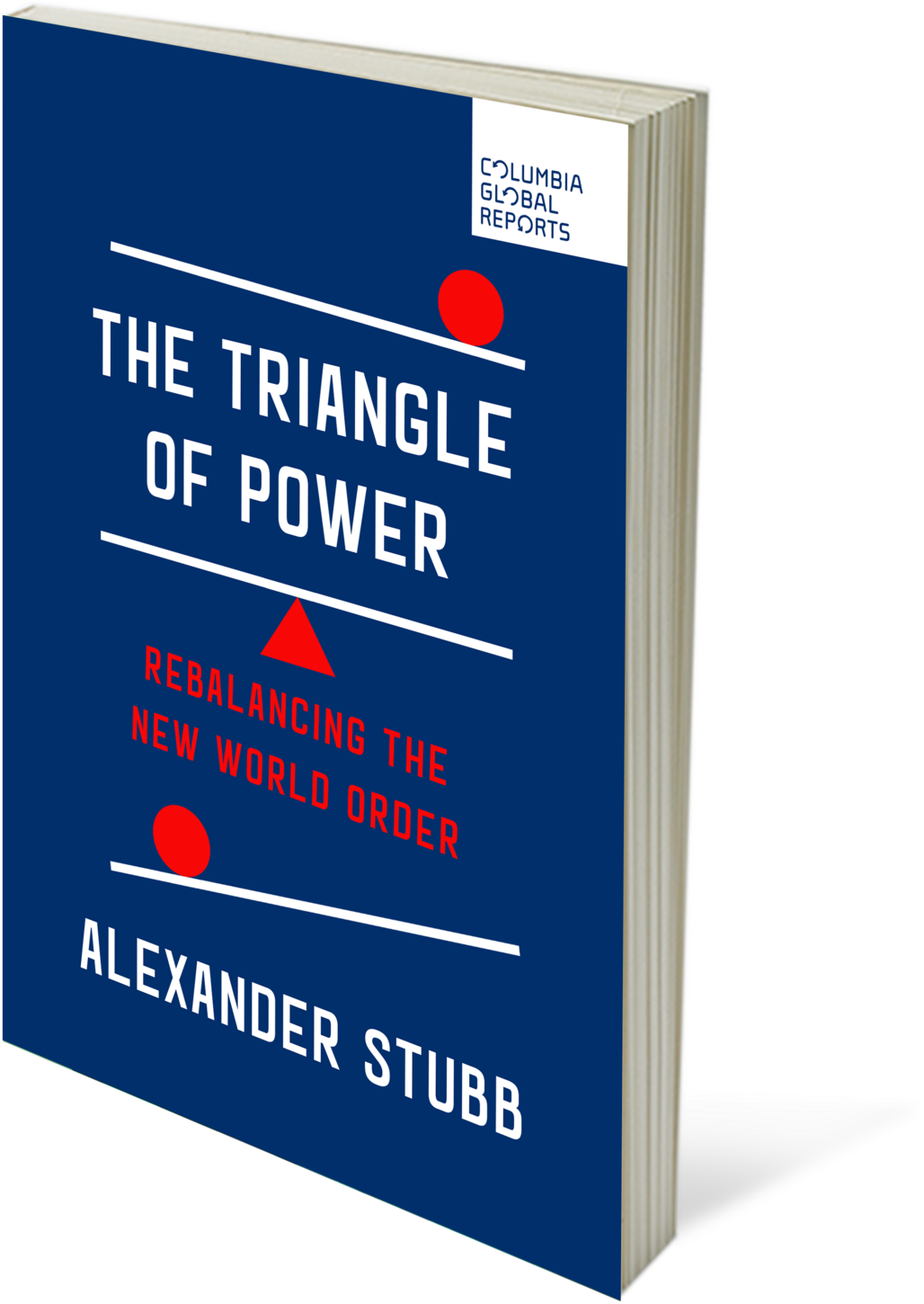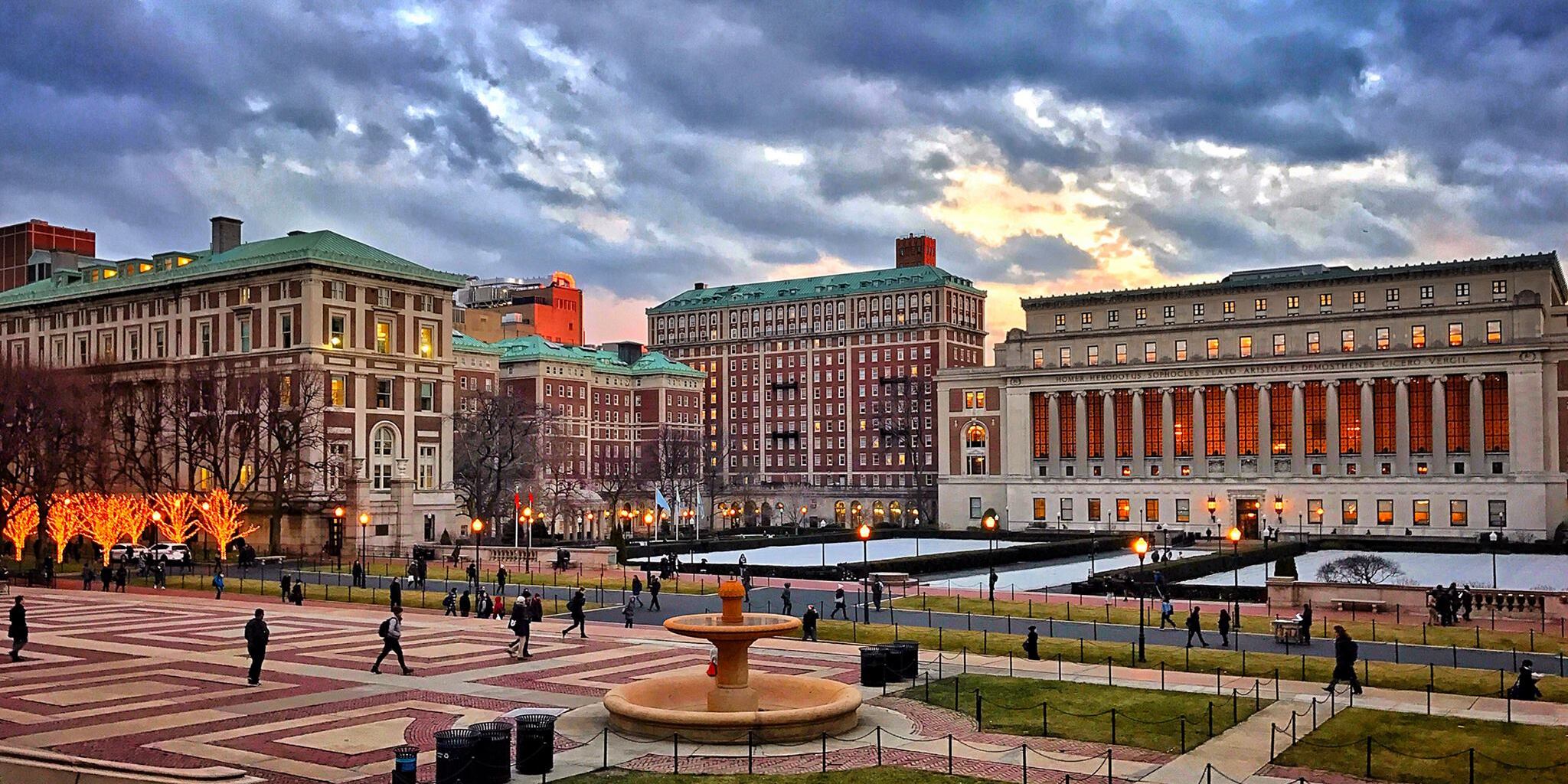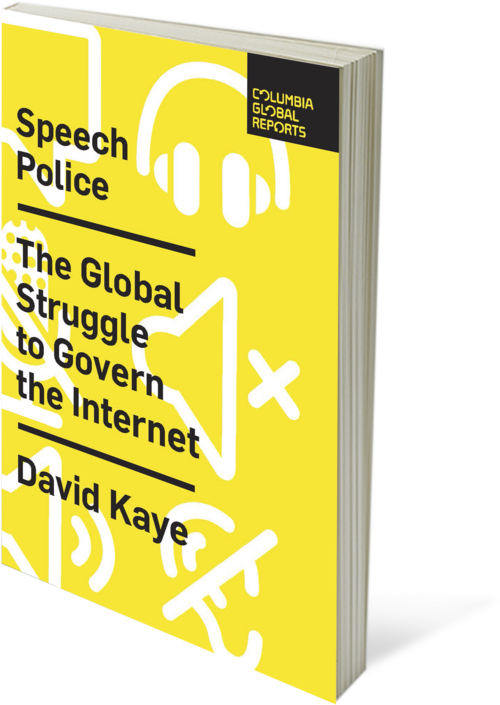The Nationalist Revival
Trade, Immigration, and the Revolt Against Globalization
By John B. Judis
Why has nationalism suddenly returned with a vengeance, and a new international order be created that doesn’t dismiss what’s constructive it? As he did for populism in The Populist Explosion, John B. Judis looks at nationalism from its modern origins in the 1800s to today to find answers.
$15.99
ISBN: 9780999745403
ebook ISBN: 9780999745410
On Sale: October 9, 2018
Pages: 158
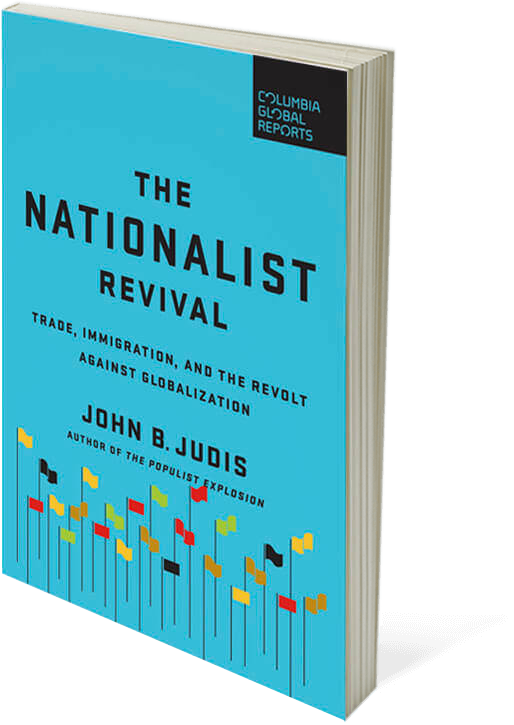
Overview
Trump in America, Brexit in the U.K., anti-EU parties in Italy, Germany, France, the Netherlands, Austria, Poland, and Hungary, and nativist or authoritarian leaders in Turkey, Russia, India, and China—Why has nationalism suddenly returned with a vengeance? Is the world headed back to the fractious conflicts between nations that led to world wars and depression in the early 20th Century? Why are nationalists so angry about free trade and immigration? Why has globalization become a dirty word?
Based on travels in America, Europe, and Asia, veteran political analyst John B. Judis found that almost all people share nationalist sentiments that can be the basis of vibrant democracies as well as repressive dictatorships. Today’s outbreak of toxic “us vs. them” nationalism is an extreme reaction to utopian cosmopolitanism, which advocates open borders, free trade, rampant outsourcing, and has branded nationalist sentiments as bigotry. Can a new international order be created that doesn't dismiss what is constructive about nationalism? As he did for populism in The Populist Explosion, Judis looks at nationalism from its modern origins in the 1800s to today to find answers.
No Upcoming Events
The complete series

The Populist Explosion: How the Great Recession Transformed American and European Politics
Judis tells us why we need to learn about the populist movement that began in the United States in the 1890s, and has since motivated global political upheaval. Learn more
The Nationalist Revival: Trade, Immigration, and the Revolt Against Globalization
Can a new international order be created that doesn’t dismiss what is constructive about nationalism? As he did for populism, Judis looks at nationalism from its modern origins in the 1800s to today to find answers. Learn more
The Socialist Awakening: What's Different Now About the Left
Judis explores how an ideology thought to be long dead took hold as a broad movement among younger people dissatisfied with mainstream politics both on the right and the left across the world. Learn more
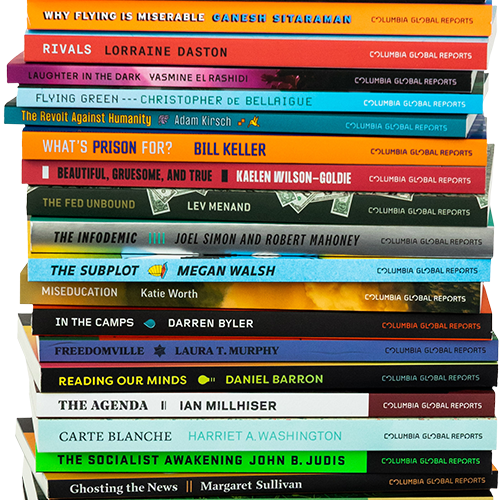
Be the Most Interesting Person
in the Room
Subscribe to Columbia Global Reports Books
Find new ways of looking at the world with Columbia Global Reports. Our $85 subscription includes six paperbacks mailed in advance of publication directly to your doorstep.


